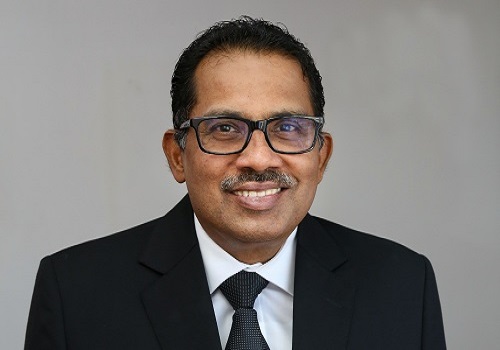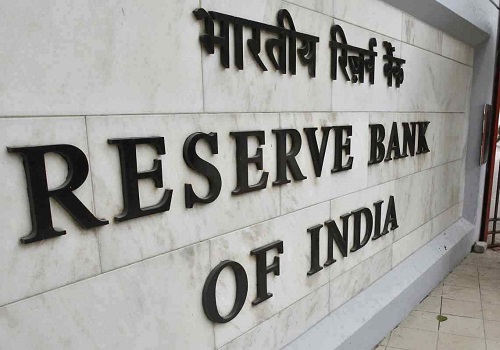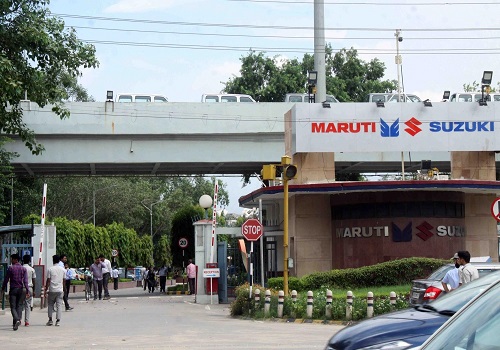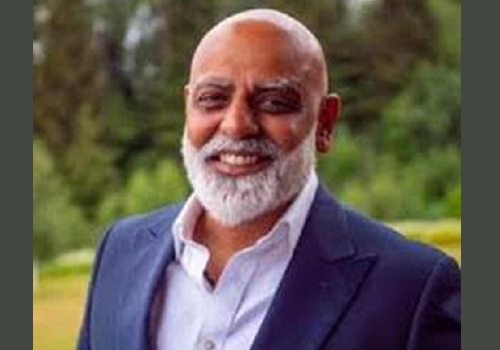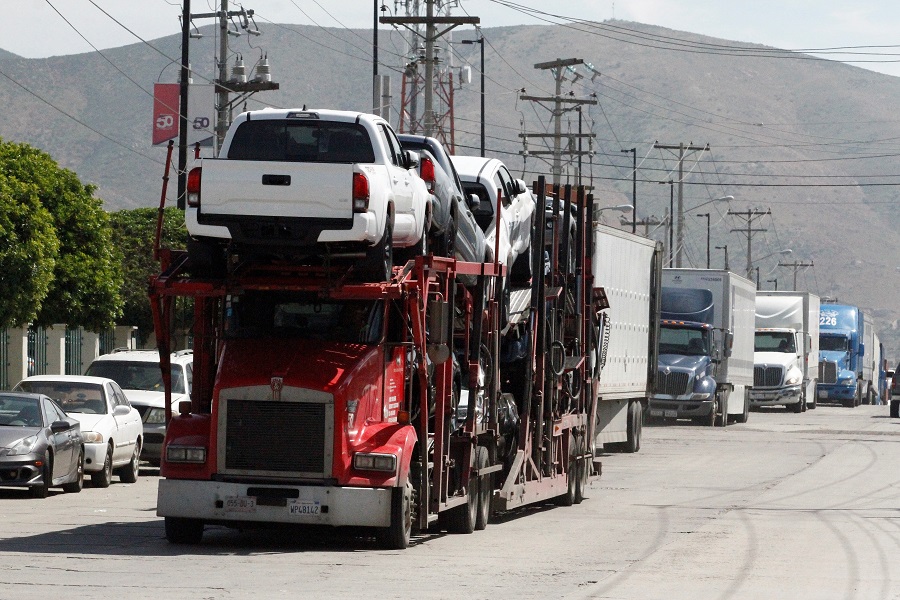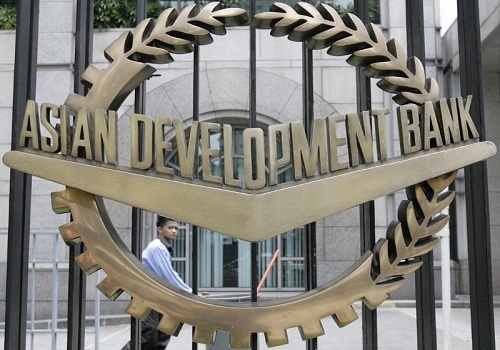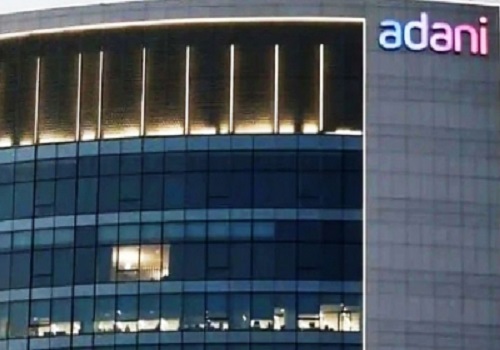`American fuel, Indian reactor can power up Indo-US nuclear deal`
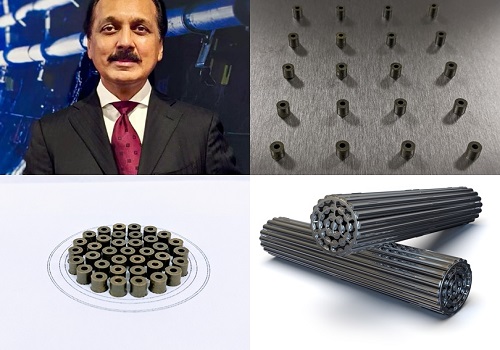
India and the US can fire up their civil nuclear agreement with a twist. The twist is American HALEU fuel powering India sourced small pressurized heavy water reactors (PHWR) for the global markets, said a top official of nuclear fuel company Clean Core Thorium Energy.
Further, India need not wait long for the use of its vast thorium reserves to augment its nuclear power capacity as it can use the same thorium and High Assay Low Enriched Uranium (HALEU) fuel in its PHWRs.
The Chicago-based Clean Core Thorium Energy founded by Mehul Shah -- an Indian settled in the US -- owns the patented thorium HALEU Advanced Nuclear Energy for Enriched Life (ANEEL) fuel expected to be commercialised soon.
"We are in discussions in Canada and India for our fuel. We anticipate post 2026 commercialisation of the ANEEL fuel would happen," Shah told IANS.
India and the US last year had agreed to work on the development of next generation small modular reactor technologies for domestic and export markets.
In the nuclear power field, small modular reactors are the new development.
India has already developed 220 MW PHWRs though they cannot strictly be called modular reactors.
In 2008, India and the US had inked the Civil Nuclear Deal.
While the US wanted to sell big reactors to India, nothing much has progressed on that front. But what is HALEU? According to the World Nuclear Association, the current fleet of nuclear reactors runs primarily on uranium fuel enriched up to 5 per cent uranium-235 (U-235).
"HALEU is defined as uranium enriched to greater than 5 per cent and less than 20 per cent of the U-235 isotope. Applications for HALEU are today limited to research reactors and medical isotope production. However, HALEU will be needed for many advanced power reactor fuels, and more than half of the small modular reactor (SMR) designs in development," World Nuclear Association said.
Be that as it may, Shah who has been working on the nuclear fuel side since 2004 said Clean Core Thorium was established in 2017. Former Chairman of India's Atomic Energy Commission (AEC) Dr. Anil Kakodkar is the mentor for Clean Core Thorium and the company has branded the fuel as ANEEL in his honour.
"The company has raised about $5.5 million seed round from investors. This year a second larger round of funds is being raised. Fifty per cent of the target fund has already been raised from the investors," Shah remarked.
Speaking about the ANEEL fuel, Shah said during the first quarter of 2024 irradiation studies of the fuel pellets at the Idaho National Laboratory's Advanced Test Reactor will be done. Shah said the ANEEL nuclear fuel can be used in the existing PHWRs without any modifications as there is no change in the fuel bundles' geometric specifications.
"We have designed a 19 pin bundle for 220 MW PHWRs and a 37 pin bundle for 600 – 900 MW PHWRs. With low natural uranium reserves, India decided to follow a three stage nuclear power programme in a sequential manner to multiply the domestically available fissile resources. The first stage is the use of natural uranium in PHWRs, followed by use of plutonium obtained from the spent fuel of PHWRs in Fast Breeder Reactors, in the second stage.
Large scale use of thorium will subsequently follow making use of Uranium-233 that will be bred in Fast Breeder Reactors, when adequate nuclear installed capacity in the country has been built. In the current scheme of things, utilisation of thorium can happen only after building a sufficient number of fast breeder reactors that would breed Uranium-233.
The first stage of the nuclear power programme comprising indigenous Pressurised Heavy Water Reactors (PHWRs) is in the industrial domain. India has a large number of 220 MW PHWRs. The country has upscaled the PHWR capacity to 700 MW. The 500 MW Prototype Fast Breeder Reactor (PFBR) under the second stage is under advanced stage of commissioning by Bharatiya Nabhikiya Vidyut Nigam Limited (BHAVINI) at Kalpakkam, Tamil Nadu.
But why should ANEEL be used by Nuclear Power Corporation of India Ltd (NPCIL) at its PHWRs? Responded Shah: "It has a very high burn-up rate of 60,000 MW-days per ton as against 6,500 - 7,000 MW-days per tonne of the natural uranium fuel used in PHWRs. This also results in lower generation of nuclear waste by over 85 per cent and avoids issues connected with huge waste storage."
Continuing further, he said, in the 220 MW PHWRs of NPCIL eight fuel bundles have to be replaced daily over the reactors' life of 60 years (about 1,75,000 bundles replaced) as against only one ANEEL bundle to be replaced daily which works out to about 22,000 bundles over the same period.
"Further for the first 1,000 days no fuel bundle needs be changed," Shah said.
That apart, the use of thorium in the ANEEL fuel, the fear of nuclear proliferation can be addressed and new nuclear capacity can be deployed to nations that were previously unaddressable, Shah added.
The use of HALEU fuel could also reduce India’s Uranium imports. "When compared to natural uranium for 220 MW PHWR, thorium uranium based ANEEL fuel can potentially reduce uranium usage by over 30,000 kg for every GWe-yr of energy produced," Shah said.
But it is not going to be easy for Clean Core Thorium in India as introduction of new fuel in a functional reactor involves detailed study to the satisfaction of the sectoral regulator – Atomic Energy Regulatory Board (AERB).
Speaking to IANS on the condition of anonymity, a retired senior official of India's Department of Atomic Energy (DAE), each country decides its own course of action.
Lot of studies were done on HALEU fuel earlier in India.
"With a three stage nuclear programme, India went in for a closed nuclear fuel cycle to avoid waste. With HALEU fuel, reprocessing may be difficult," he said.
"Further, the regulator - Atomic Energy Regulatory Board (AERB) - will have to be satisfied with the various safety and performance reports about the new fuel. Shah is undeterred. According to him, the studies to be made at the Idaho National Laboratory's Advanced Test Reactor in the US would validate the company's claims. As to the business plan, Clean Core Thorium will licence the technology to fuel fabricators for a fee. The company will also charge the nuclear power generation company using fuel a sum on the amount of power generated."
He said as a student he had landed in the US about 43 years ago from India and stayed put there and ventured into garment and food distribution business.
His company got the exclusive distribution rights for the Amul brand products in the US.
Later, he exited the garment and food distribution business to focus on the nuclear fuel business that he began in 2004,




